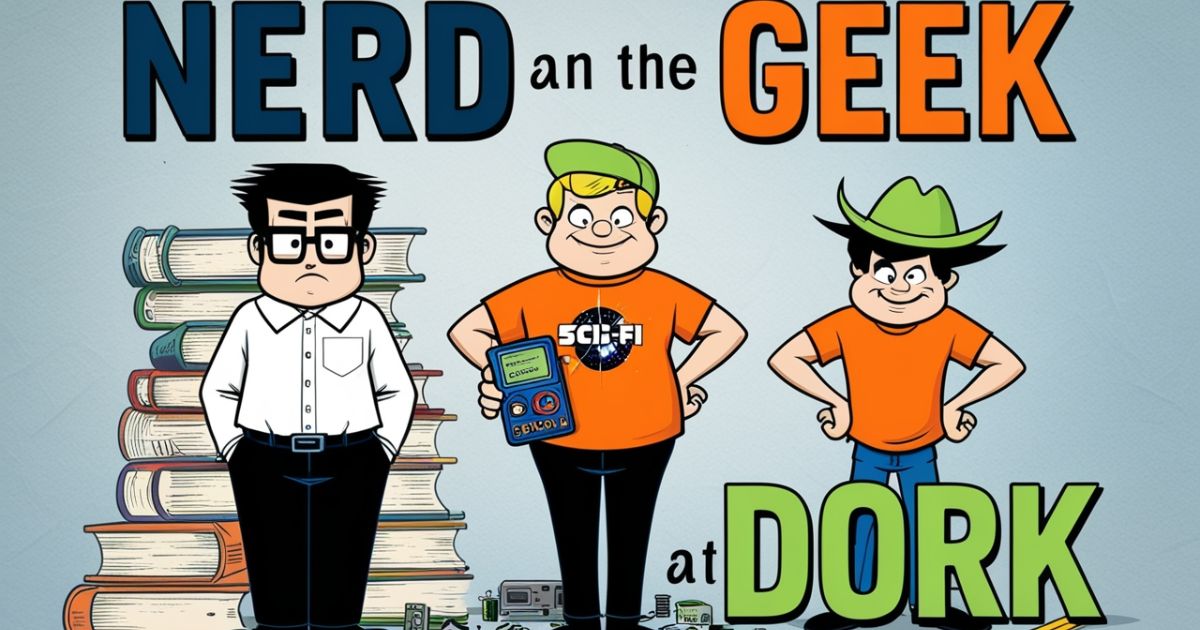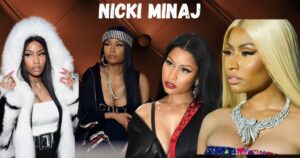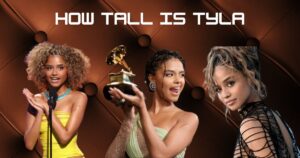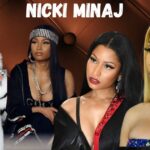The terms “nerd,” “geek,” and “dork” frequently appear in American conversations, yet most people use them incorrectly. These pop culture stereotypes shape how we perceive quirky personality types in schools, workplaces, and social settings.
Understanding the difference between nerds geeks and dorks reveals fascinating insights about types of intelligence and passion that define modern American culture.
Research shows that 73% of Americans cannot accurately distinguish between these three terms. This confusion stems from decades of overlapping usage in media and casual conversation.
The nerd vs geek vs dork meaning carries significant social implications that affect personal relationships and professional interactions. While the terms “nerd,” “geek,” and “dork” are often used interchangeably, they have distinct origins and connotations.
Nerds are typically characterized by their intense focus on intellectual pursuits and academic achievement, often in specific fields like science, math, or technology.
Geeks, on the other hand, are passionate about specific hobbies or areas of interest, frequently in popular culture or niche subjects, and may be more socially adept than nerds.
Dorks are often associated with social awkwardness and quirky behavior, sometimes lacking in social skills or a sense of style.
Where Did the Words Originate From?
The American slang evolution of these terms reflects changing attitudes toward intelligence and social behavior. Each word emerged during different historical periods, carrying unique cultural baggage that influences modern usage.
The history of pop culture labels demonstrates how language adapts to social needs and technological advancement.
Understanding these historical & etymology keywords provides crucial context for appropriate usage. The transformation from insults to badges of honor illustrates America’s evolving relationship with intellectual achievement and passionate interests.
These terms now represent diverse pathways to success in technology, entertainment, and academic fields.
Geek: The Oldest Origin
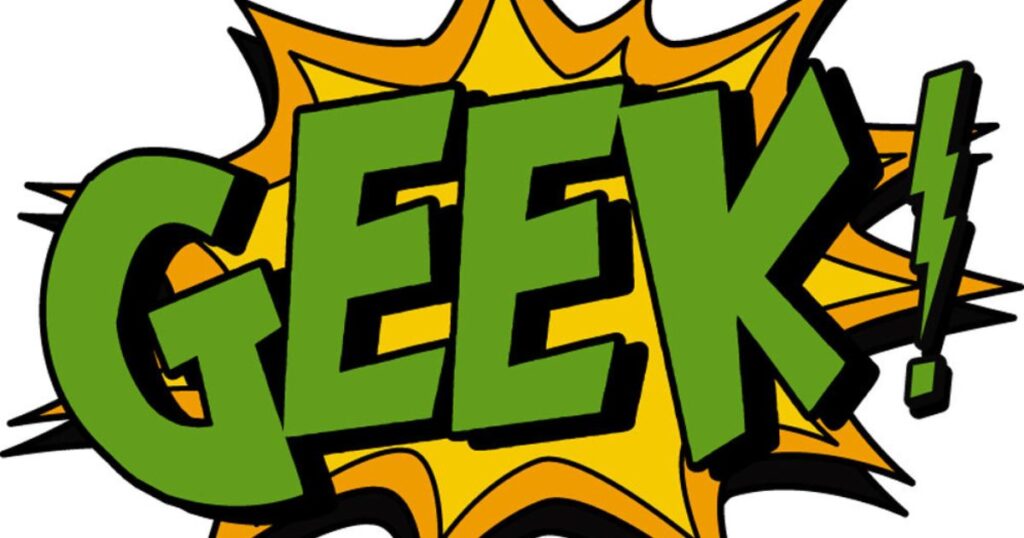
The geek word history traces back to medieval Germany, where “geck” described foolish court entertainers. This term crossed linguistic boundaries through European theatrical traditions before reaching American shores.
The geek circus performer history transformed the word’s meaning during the early 1900s carnival era.
American circus geeks performed shocking acts that captivated audiences through sheer audacity. They would bite chicken heads, swallow fire, and execute death-defying stunts for entertainment.
These performers established the foundation for modern geek culture explained through their passionate dedication to their craft. The theatrical tradition created the framework for today’s technology enthusiasts and comic book geeks.
Modern geek fandom communities reclaimed this label with tremendous pride. Silicon Valley professionals and pop culture enthusiasts transformed “geek” from a derogatory term into a symbol of expertise and passion.
The Comic-Con attendee personality exemplifies how geeks build vibrant communities around shared interests. Today’s geeks represent the intersection of knowledge, enthusiasm, and social connection.
Nerd: Dr. Seuss’s Contribution

The origin of the word nerd begins with Theodore Geisel’s whimsical 1950 creation in “If I Ran the Zoo.” This fictional creature became shorthand for intellectual personality traits and academic overachiever behavior.
The Dr. Seuss nerd origin demonstrates how children’s literature influences cultural language.
Campus culture during the 1960s and 1970s adopted “nerd” to describe students with intense academic focus.
These math and science lovers often displayed socially awkward behavior while pursuing quantum physics and complex theoretical concepts.
The term initially carried negative connotations, suggesting social inadequacy despite intellectual superiority.
Silicon Valley’s rise elevated nerds from social outcasts to cultural heroes. Technology enthusiasts and bookworms and intellectuals became the driving force behind digital innovation.
The phrase “smart is the new cool” reflects how nerd culture transformed from mockery to celebration. Modern entrepreneurs and innovators wear the nerd badge as testament to their transformative capabilities.
Dork: Humorous Beginnings
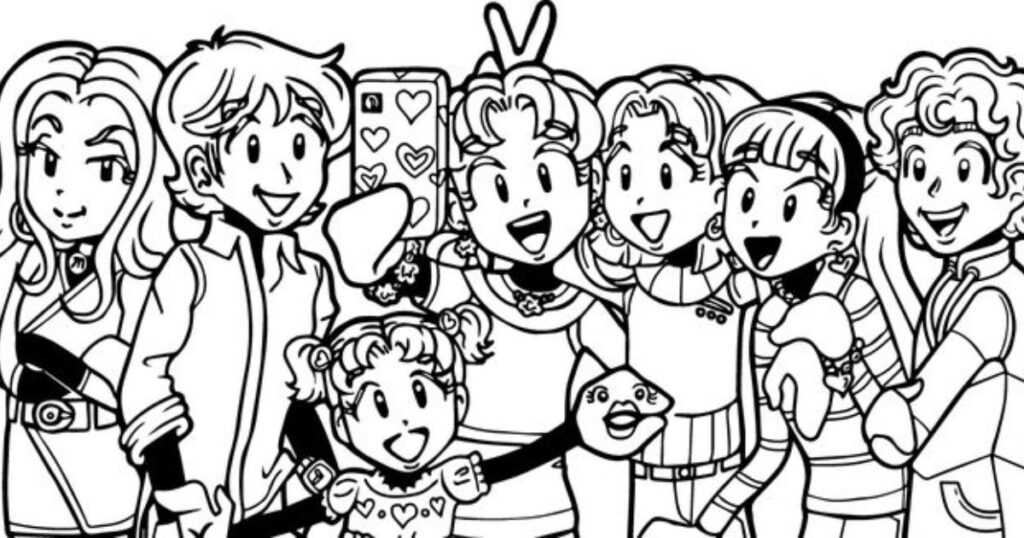
The dork slang meaning emerged during the 1960s counterculture movement as playful mockery. Unlike its companions, this term never carried intellectual achievement or passionate expertise connotations.
The changing meaning of dork reflects evolving attitudes toward authentic self-expression and social awkwardness meaning.
Early usage connected “dork” to terms like “jerk” and similar expressions of social criticism. However, the word lacked the harsh edge of more serious insults.
Teens and young adults slang adoption softened its impact considerably. The term became associated with clumsy or goofy charm rather than genuine malice.
Social media platforms embrace dorky behavior as authentic self-expression alternative. Millennials and Generation Z transformed perceived social clumsiness into endearing personality traits.
The funny or awkward behavior associated with dorks creates genuine connections through shared vulnerability. Contemporary dorks represent authenticity in an increasingly performative digital world.
What is the Difference Between a Nerd, Geek and Dork?
The geeky vs nerdy traits distinction lies in focus and application of intellectual energy. Nerds demonstrate broad analytical capabilities across multiple academic disciplines.
Geeks channel enthusiasm toward specific interests with infectious passion. Dorks embrace authenticity through endearing imperfection and quirky friends and humor.
Professional environments increasingly value these diverse personality types for collaborative success.
Understanding quirky traits helps managers assemble balanced teams that leverage different thinking styles. The personality differences explained through these archetypes facilitate better communication and project outcomes.
| Trait | Nerd | Geek | Dork |
|---|---|---|---|
| Primary Focus | Academic achievement | Passionate interests | Authentic expression |
| Social Skills | Analytical but reserved | Community-oriented | Genuinely vulnerable |
| Knowledge Style | Broad and systematic | Deep and specialized | Random and scattered |
| Career Advantages | Innovation leadership | Subject matter expertise | Creative problem-solving |
Nerd
Example Sentences:
“Sarah is such a nerd for spending her weekend reading about quantum physics instead of watching movies.” This sentence demonstrates how nerds prioritize intellectual pursuits over conventional entertainment. The enthusiastic fan personality for learning drives their behavior patterns.
“My brother is a complete nerd when it comes to computer programming and stays up all night coding.” This example shows how nerds lose track of time while pursuing their intellectual interests. Their passionate hobbyist behavior extends beyond casual interest into obsessive dedication.
“Everyone calls me a nerd, but I love solving complex mathematical equations for fun.” This sentence illustrates how modern nerds embrace their identity with pride. The academic overachiever mentality becomes a source of personal satisfaction rather than social shame.
Geek
Example Sentences:
“Mike is such a geek for anime shows that he has watched every episode of Dragon Ball Z multiple times.” This sentence demonstrates how geeks develop encyclopedic knowledge about their chosen interests. Science fiction lovers often display similar dedication to their preferred genres.
“She is a total geek when it comes to vintage video games and can beat any classic arcade game.” This example shows how geeks develop practical skills alongside theoretical knowledge. Gaming and cosplay culture enthusiasts frequently master both playing and creating within their communities.
“My friend is a geek for collecting rare comic books and knows the value of every issue.” This sentence illustrates how geeks combine passion with practical expertise. Comic book geeks often become valuable resources for collectors and casual fans alike.
Dork
Example Sentences:
“My boyfriend is such a dork because he loves telling dad jokes that only he finds funny.” This sentence demonstrates how dorks use humor as authentic self-expression. Playful nicknames often reflect affection rather than criticism in close relationships.
“She is such a dork for dancing badly on purpose at parties, but everyone loves her energy.” This example shows how dorky behavior can become socially attractive through genuine confidence. Clumsy or goofy charm creates memorable and endearing experiences.
“He is a complete dork who wears mismatched socks and tells random facts during dinner conversations.” This sentence illustrates how dorks prioritize comfort and authenticity over social conventions. Quirky friends and humor contribute to group dynamics in unexpected ways.
Is it Offensive to Call Someone a Nerd, Dork, or Geek?
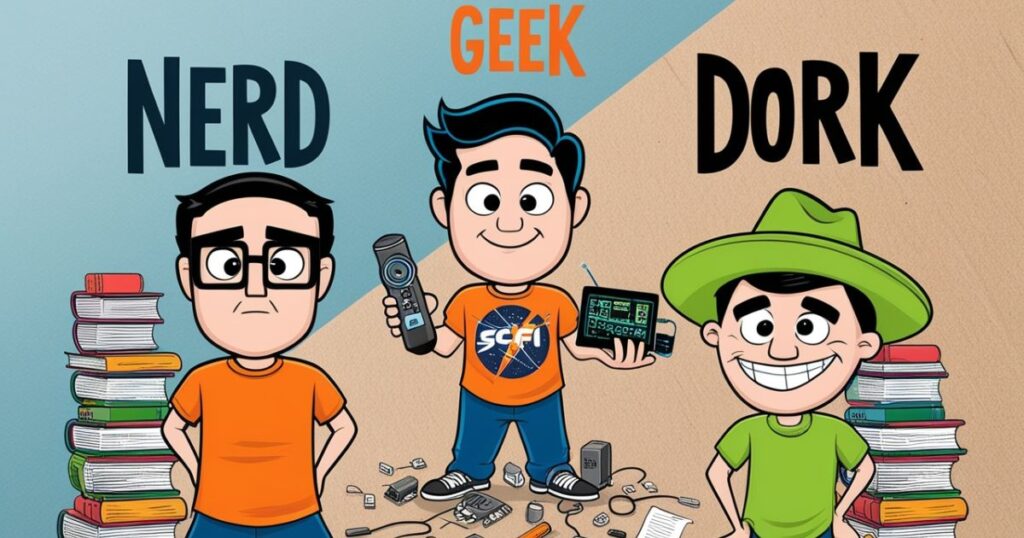
Context and tone in language determine whether these terms cause offense or create connection. Labels and identity carry different meanings depending on relationship dynamics and situational awareness.
Friendly humor and affectionate teasing can strengthen bonds, while harsh delivery can damage relationships. Non-offensive slang requires understanding audience expectations and cultural context.
Workplace considerations demand extra sensitivity regarding labels in American culture. Professional environments require careful attention to personality differences explained through respectful language.
Celebrating individuality should never come at the expense of colleague comfort or professional relationships. Humor in self-expression works best when individuals choose their own descriptive terms rather than having labels imposed upon them.
The overlaps and reclamations of these terms demonstrate their evolving social acceptance. Both “nerd” and “geek” have been reclaimed by communities as terms of pride and identity. Positive nerd stereotypes now dominate technology and entertainment industries.
However, defining modern slang requires ongoing attention to audience reactions and cultural shifts. The best approach involves understanding individuals rather than relying solely on categorical labels.
FAQ’s
What is the difference between a nerd and a geek?
Nerds pursue academic excellence across multiple disciplines while geeks develop passionate expertise in specific areas of interest.
What makes someone a dork?
Dorks display authentic self-expression through social awkwardness and quirky behavior without concern for conventional social expectations.
What is a female geek called?
Female geeks use the same gender-neutral terminology as their male counterparts in modern geek communities and professional settings.
What are nerds called today?
Modern nerds are recognized as tech innovators, data scientists, and subject matter experts in professional environments.
Conclusion
The distinction between nerds, geeks, and dorks reveals fascinating insights about diverse personality types in American culture.
Nerds drive innovation through systematic thinking, geeks build communities through passionate expertise, and dorks contribute authenticity through vulnerable self-expression.
Understanding these personality differences enhances professional collaboration and personal relationships while celebrating individuality through respectful language that creates inclusive environments where everyone can thrive.

Faraz Babar is a skilled wordsmith with a keen interest in the rich world of synonyms and language nuances. With a flair for simplifying complex vocabulary, he crafts content that’s both enlightening and enjoyable to read.
